Greywater and Waste
BEACON VALLEY, ANTARCTICA- One of the more common questions that I am asked regarding the field camping experience is how do we dispose of our waste in such an environmentally protected region of the world? Nothing can be released into the soil. Everything must be contained and returned to McMurdo.
Our camp consists of nothing more than three Scott Tents, one Endurance Tent, scientific equipment, and the bare minimum of supplies to comfortably survive… or at least survive mildly comfortably. To minimize our camp footprint and lessen the use of helicopter dependency we decided on a greywater-free camp. Greywater is any sort of wastewater resulting from cleaning, cooking, or bathing. A few weeks in the field can lead to well over 100 gallons (or >1000 lbs) of wastewater which must then be helicoptered back to McMurdo and treated. My opinion is that it is much more environmental friendly (and saves us valuable helo hours) to not create greywater to begin with.
For the duration of the 5-6 week field season we do not have running water, shower, or wash with a nice warm wash cloth. If we feel dirty under our multiple layers of clothes we will simply wash ourselves with wet-wipes. Washing our hands is accomplished through instant hand sanitizer (i.e. Purell).
Mealtime can be a challenge in itself. Since wastewater cannot be produced we do not allow for excess water after cooking our pasta meals. (Thankfully we bring out dehydrated green peppers and onions just in case we added too much water to the pot). Cleaning pans, utensils, plates, and mugs consists of a quick wipe down with a dry paper towel. I like to think that the cold conditions that we live in keeps the dishes somewhat sanitary.
Urine is not considered greywater and is disposed of in 55 gallon drums (or “U-barrels”) at field camps. We are given 1-liter “pee bottles” to use during the day when we are away from camp. We carry these in our backpacks until we return to camp and deposit the urine into the U-barrel. Every year, someone will inevitably let their bottle freeze.
The Antarctic field experience would not be complete without the use of our camp toilet which is nothing more than a box with a trash bag lined 5 gallon bucket beneath it. As the bucket fills (weekly basis) the bag is tied, the bucket is sealed, and it returns to McMurdo on the next helicopter flight. For obvious reasons we search long and hard during camp put-in for a windless, private place for the box; but usually the view from the box is spectacular!


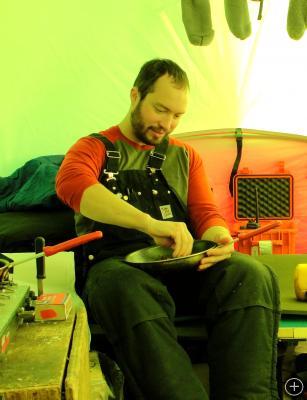
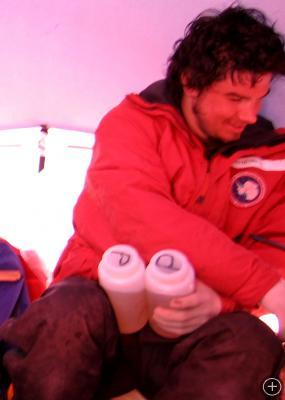
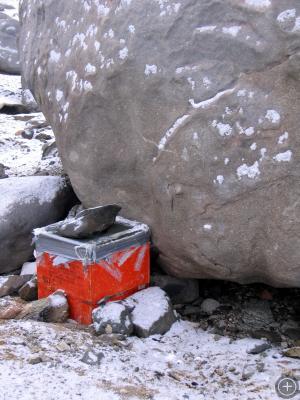
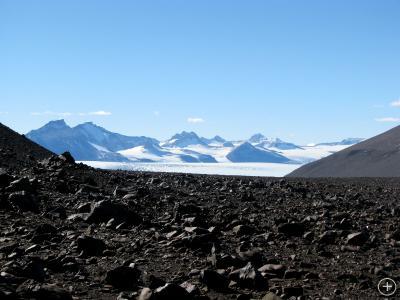

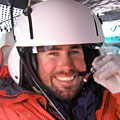

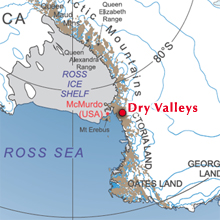





Very intresting!!Loved the pictures as well.